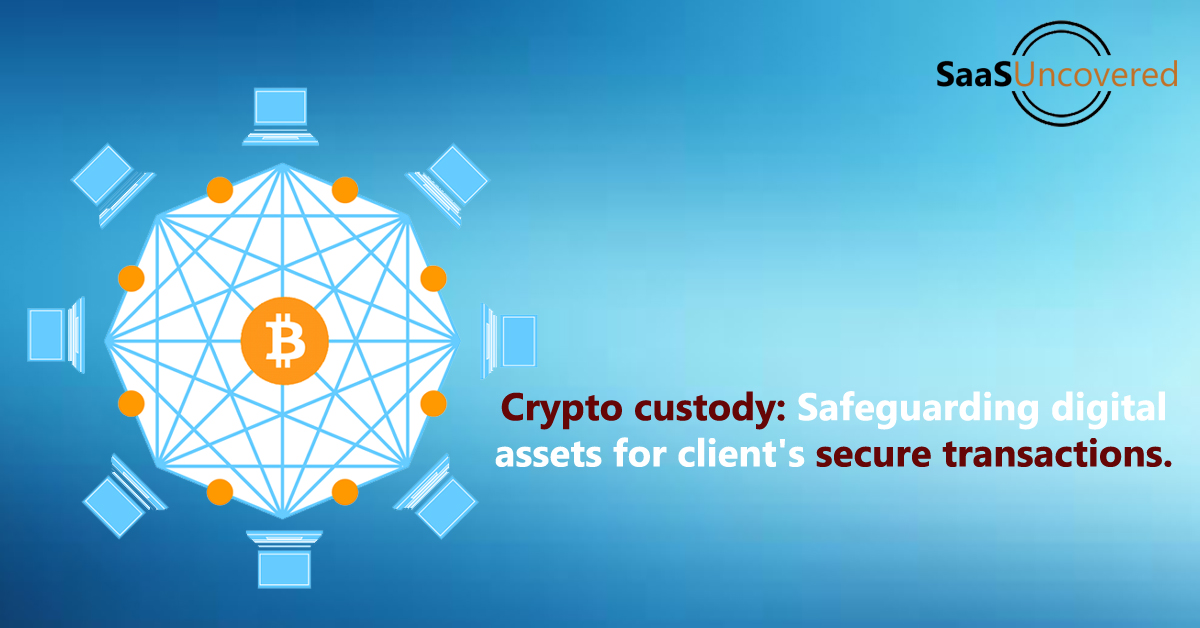Cryptocurrency Custody
Cryptocurrency custody, also known as digital assets custody is the ability to hold, move, and protect assets on behalf of a client
Updated: November 27, 2023

Cryptocurrency custody, also known as digital assets custody is the ability to hold, move, and protect assets on behalf of a client, typically by some form of financial institution.
This custodial service is highly beneficial to cryptocurrency holders as it can help mitigate several security risks, including cryptocurrency theft. Cryptocurrency custody software is used by holders that offer custodial services to store and secure digital assets.
Assets can not be stored in the cryptocurrency custody solution. But they safeguard private keys, which are a complex combination of alphanumeric and are used to access cryptocurrency holdings and perform transactions.
Cryptocurrency self-custody, partial cryptocurrency custody, and third-party cryptocurrency custody are three types of cryptocurrency custody.
Holders can easily store and protect their cryptocurrency with cryptocurrency custody as it offers greater security, especially for institutional holders, who are frequently target by hackers. Businesses can ensure that their assets are less likely to be lost or stolen with the help of third-party custodians. A lot of work is involved in self-custody although it grants holders more control over their assets. Investors don’t have to perform any such complex tasks with third-party custodians on the scene. It is also easier to recover keys with the help of a third-party custodian if an investor loses their private keys as they will have several backups in place.
What Types of Cryptocurrency Custody Software Exist?
- Hot Wallets
- Cold Wallets
- Multi-Signature Wallets
- Cryptocurrency Exchanges with Custody Services
- Institutional Custody Solutions
- Self-Custody Software
- Blockchain Security Platforms
- Tokenization Platforms
- Enterprise-Grade Custody Solutions